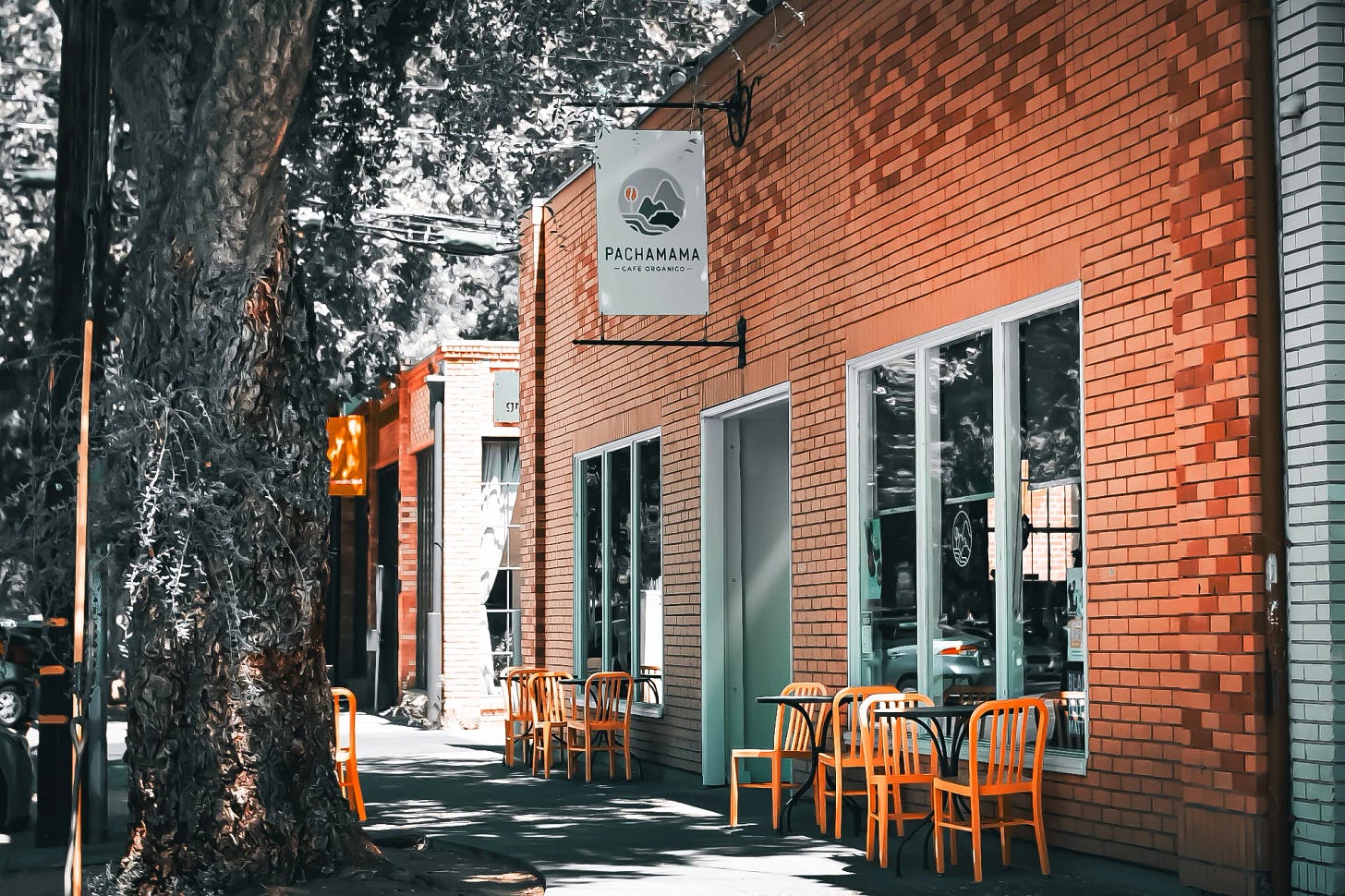Sacramento has long been a city of innovation and creativity, and its coffee culture is no exception. While today the city is recognized as a hub for coffee enthusiasts, this thriving scene is the result of decades of growth, experimentation, and a commitment to quality. Here’s a look at how Sacramento’s coffee scene evolved into what it is today.
Sacramento’s coffee journey began humbly, like many other cities across the U.S., with diners and chain coffee shops dominating the landscape. For much of the mid-20th century, coffee was a utilitarian drink—a fuel for workdays and conversations. National chains like Denny’s and IHOP, along with local diners, were the go-to spots for a cup of joe.
But even then, Sacramento’s proximity to California’s agricultural bounty hinted at the potential for a more refined coffee culture. Local restaurants began experimenting with higher-quality blends, laying the foundation for future specialty coffee shops.
The 1990s marked a turning point in Sacramento’s coffee culture, mirroring a broader movement across the United States. This era saw the emergence of coffee shops that prioritized quality over convenience. The rise of Starbucks introduced many Sacramentans to espresso-based drinks, and local entrepreneurs soon saw an opportunity to take things further.
Small, independent cafés began to open, offering freshly brewed coffee, espresso drinks, and a welcoming atmosphere. Shops like Old Soul Co., which would later become a cornerstone of Sacramento’s coffee scene, started experimenting with roasting their own beans.
By the early 2000s, Sacramento embraced the “third wave” coffee movement, which treated coffee as an artisanal product akin to wine. This shift focused on transparency, sustainability, and elevating coffee’s flavor profile through careful sourcing and preparation.
Temple Coffee Roasters, founded in 2005, became a leader in this movement. By establishing direct relationships with coffee farmers and roasting beans in-house, Temple raised the standard for coffee in the region. Their sleek, Zen-inspired cafes introduced Sacramentans to single-origin pour-overs and meticulously crafted espresso drinks.
Around the same time, other roasters like Chocolate Fish Coffee Roasters brought unique international influences to the city. Inspired by New Zealand’s coffee culture, Chocolate Fish popularized the flat white in Sacramento, introducing locals to new ways of enjoying their coffee.
As Sacramento’s coffee culture grew, so did its connection to the local community. Coffee shops became more than places to grab a quick drink; they became hubs for creativity, collaboration, and socializing.
Insight Coffee Roasters, for example, emphasized education, offering brewing classes to help customers understand the intricacies of coffee preparation. Identity Coffees focused on supporting local artisans and hosting community events, blending coffee culture with Sacramento’s artistic spirit.
Cafés like The Mill and Camellia Coffee Roasters brought a modern aesthetic to the scene, appealing to younger generations and fostering a new wave of coffee lovers.
Today, Sacramento’s coffee scene is a rich tapestry of roasters, cafés, and community-focused spaces. The city is home to a diverse array of coffee shops that cater to every palate.
• Temple Coffee Roasters and Old Soul Co. continue to lead the charge with their dedication to quality and innovation.
• Pachamama Coffee Cooperative, owned by farmers, offers a model of sustainability and ethical sourcing that aligns with Sacramento’s farm-to-fork ethos.
Sacramento’s coffee culture is also gaining recognition beyond its borders. With local roasters winning awards and cafés being featured in national publications, the city has cemented its reputation as a destination for coffee enthusiasts.
As Sacramento grows, so does its coffee scene. New cafés and roasteries continue to emerge, each bringing unique perspectives and innovations. With its commitment to sustainability, creativity, and quality, Sacramento’s coffee culture is poised to thrive for years to come.
From its humble diner roots to its status as a coffee capital, Sacramento’s journey reflects the city’s ability to embrace change and celebrate craftsmanship. For locals and visitors alike, exploring Sacramento’s coffee scene is not just about enjoying a great cup of coffee—it’s about experiencing the city’s rich history and vibrant community, one sip at a time.



